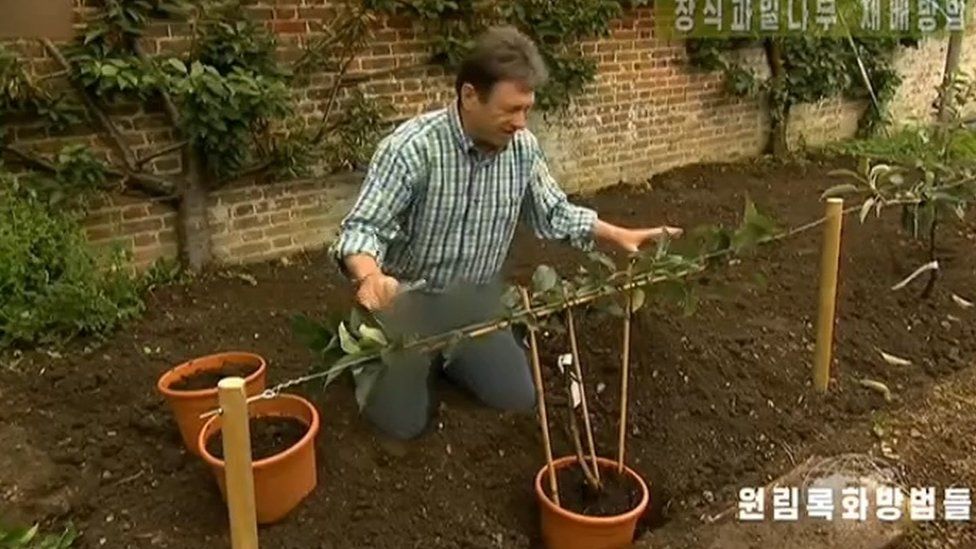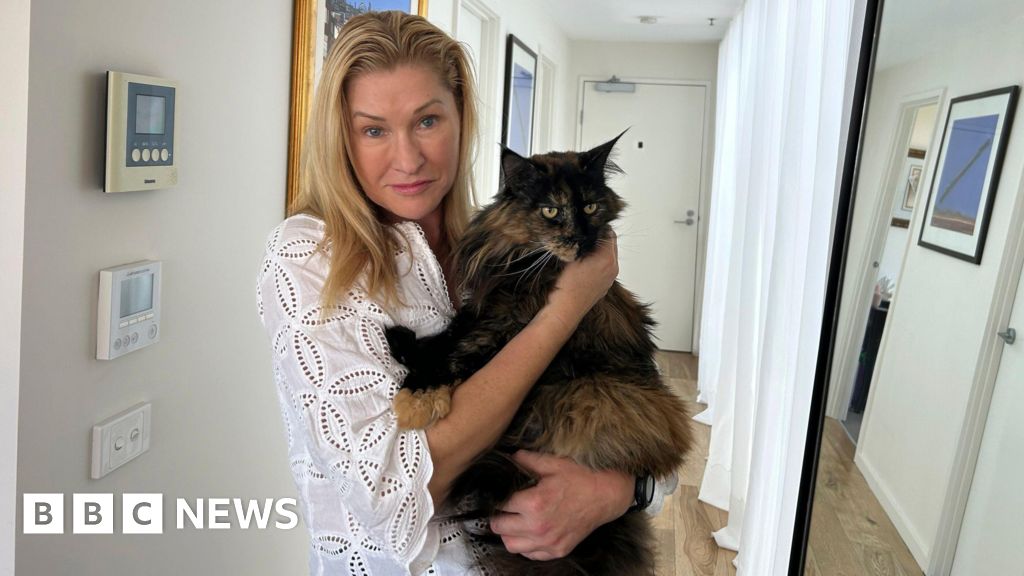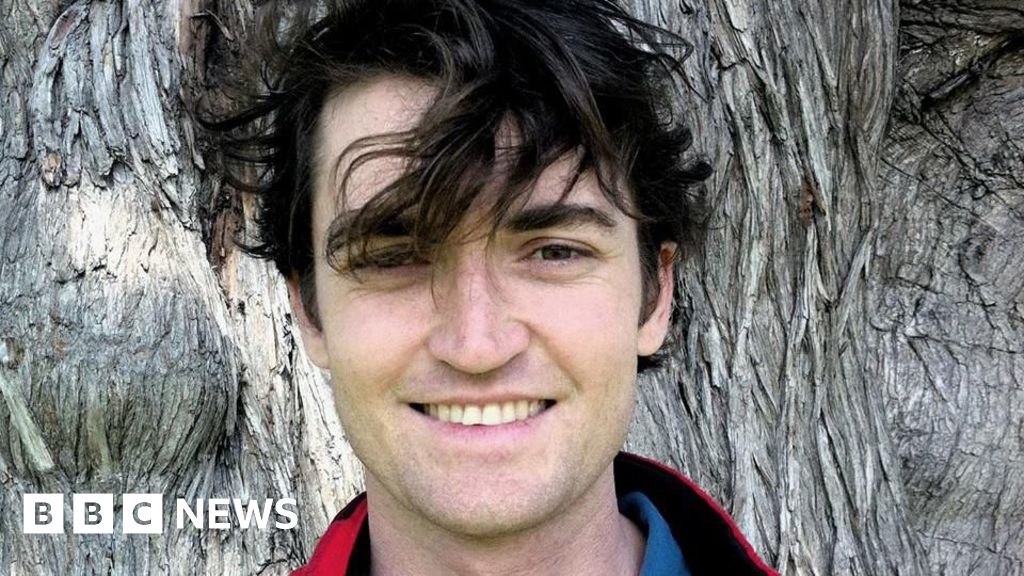ARTICLE AD BOX
 Image source, KCTV
Image source, KCTV
By Alistair Coleman
BBC Monitoring
North Korea's state television channel has censored a BBC gardening programme - by blurring out presenter Alan Titchmarsh's trousers.
Central TV aired a 2010 edition of Alan Titchmarsh's Garden Secrets for its morning audience, but made sure that viewers could not see his jeans.
Jeans are seen as a symbol of western imperialism in the secretive state and as such are banned.
North Korea's rules prohibiting jeans have been in place since the 1990s.
Back then, leader Kim Jong-il declared denim trousers to be a symbol of Western - and specifically American - imperialism, which had no place in a socialist state, according to Seoul-based NK News.
In recent years, a crackdown on Western culture has reiterated this ban, with state-run newspaper Rodong Sinmun telling citizens in 2020 to reject what it termed "bourgeois culture" in favour of a "superior socialist lifestyle".
Current leader Kim Jong-un, himself a fan of voluminous legwear, is reportedly irked by skinny jeans and T-shirts bearing Western logos which are popular in South Korea.
How did North Korea get hold of a BBC programme?
Western programming is extremely rare on North Korean screens, as the regime is careful - to the point of paranoia - about allowing foreign culture to enter the country.
Yet this is not the first time Garden Secrets has been aired before on Central TV, with Mr Titchmarsh saying he was "surprised"to appear on screens in the Communist state.
But it is still not entirely clear how it arrived in North Korea in the first place.
While satellite dishes and access to the global internet are banned except for the very few trusted classes in Pyongyang, foreign media still arrives in the country, often on memory cards smuggled over the Chinese border. Owning or trading in foreign media is illegal.
However, North Korean TV often pirates content from foreign broadcasters, blurring out onscreen logos to hide the original source.
This is often the case with their airing of Premier League, Champions League, and International football.
In 2014, during one of North Korea's periods of connecting with the West, there were discussions suggesting possibly gifting UK television programmes to the East Asian state as a means of demonstrating so-called "soft-power".
The Sunday Times revealed in 2014 that BBC Worldwide - the former name of the corporation's commercial arm BBC Studios - and the Foreign Office were hoping to "open [the North Korean] people's eyes to the world beyond the closed republic without offending the regime".
The paper quoted a Whitehall official as saying: "Programmes sent to North Korea would have to be something that isn't offensive, like Mr Bean, EastEnders, Miss Marple or Poirot.
"You couldn't send Dad's Army, as it is about war. But Teletubbies could be an option, or The Good Life, with a bit of gardening and squabbling in the kitchen".
It's not known if Alan Titchmarsh's Garden Secrets was part of this package, or even if the programmes were delivered at all.

 9 months ago
65
9 months ago
65








 English (US) ·
English (US) ·